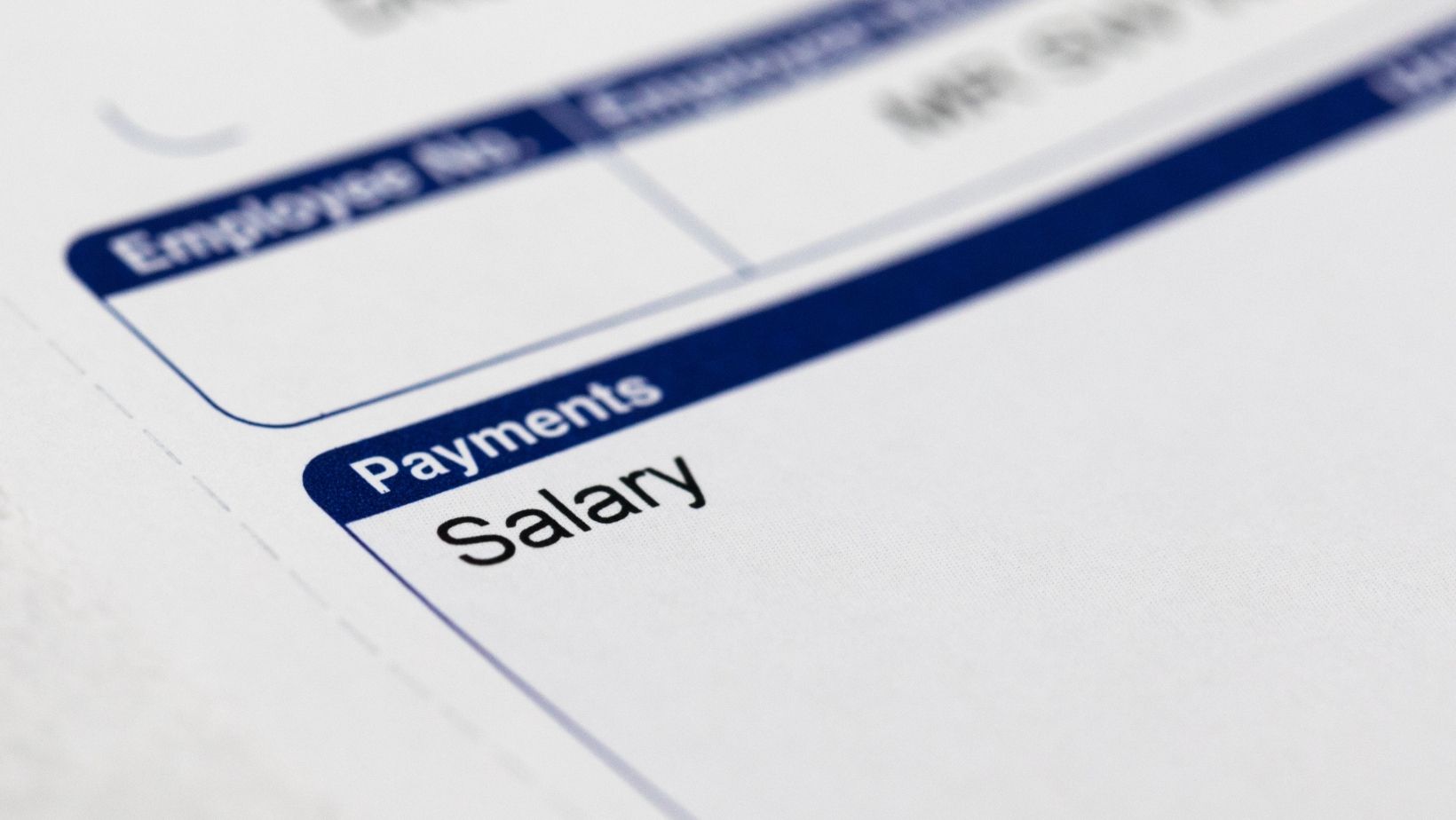
Foreigners living in Singapore often look for personal loans to help with different needs, such as settling urgent bills or supporting everyday expenses. The application process for these loans has moved online, making it easier and quicker for applicants to send in their details. Foreigners must meet specific requirements before lenders will approve a personal loan application in Singapore. Some applicants also compare personal loan interest rates offered by Quick Loan to find options with reasonable costs and straightforward terms. Online platforms allow foreigners to review these requirements and start the application process with just a few clicks.
Valid Employment Pass, S-Pass, or Work Permit
Foreigners must hold a valid Employment Pass, S-Pass, or Work Permit to apply for a personal loan online in Singapore. These documents show they are legally allowed to work and live in the country. Lenders usually check the type and validity of the work pass before granting any loan approval. Authorities issue the Employment Pass to professionals with higher qualifications and salaries. The S-Pass is for mid-level skilled workers, while the Work Permit applies to semi-skilled or unskilled workers. The pass needs to remain valid for the whole loan period, so some banks ask borrowers to show proof of renewal. Applicants should prepare copies of their work pass and proof of employment. Having a valid pass helps lenders confirm the borrower’s identity and job security. Without one of these passes, access to personal loans is usually not possible for foreigners in Singapore.
Minimum of 6 to 12 months stable employment in Singapore
Most lenders in Singapore require foreigners to show at least 6 to 12 months of steady employment before applying for a personal loan. This helps prove that the applicant has a regular income and a certain level of stability in the country. Proof of work can include recent payslips, a work pass, or an employment letter. These documents allow the lender to check the person’s length of stay with the current employer. A longer employment period often gives the lender more confidence about the applicant’s ability to repay.
Some may accept a minimum of 6 months if the job is secure and pays well. Others may prefer 12 months, especially if the loan amount requested is higher. This policy can also change depending on the type of loan or the lender’s individual standards. Therefore, keeping a steady job and building an employment record in Singapore usually helps foreigners qualify for personal loans with better approval rates.
Proof of monthly income meeting lender’s threshold

Personal loan providers in Singapore require proof that the applicant’s monthly income meets or exceeds their minimum income threshold. Lenders look at this proof to decide if a borrower will manage regular repayment. For foreigners, the minimum income standard often sits higher than for citizens. Most banks expect foreigners to earn at least S$40,000 to S$60,000 per year, which means around S$3,300 to S$5,000 every month. Moneylenders may accept a lower annual income, sometimes around S$10,000. However, higher income gives applicants better chances for approval and bigger loan amounts. Applicants usually submit recent payslips, bank statements, or valid income tax notices. Self-employed or freelance workers may need extra documentation, such as records of payments or invoices from the last few months. Consistent income shown in official documents gives lenders more confidence in the borrower’s ability to pay back the loan.
Recent payslips and CPF contribution statements
Lenders often ask foreigners to submit recent payslips as part of the loan application process. Payslips show proof of regular income and demonstrate that the borrower can repay the loan. Most banks in Singapore require at least the last one to three months of payslips. CPF contribution statements are not usually required for foreigners working in Singapore. These statements mainly apply to citizens and permanent residents since foreigners do not make contributions to the Central Provident Fund. Instead, foreign applicants might need to provide other documents like their employment pass, work permit, or proof of income from overseas. Banks want to see steady employment and a stable income history. Providing accurate payslips helps speed up the approval process. Lenders feel more confident about lending to applicants who show clear proof of income.
Valid Singapore residential address and contact details
Foreigners applying for a personal loan online in Singapore must show proof of a valid local address. Lenders need this information to verify the applicant’s identity and to keep accurate records. Address documents must link the applicant’s full name with their residential address. Examples of accepted documents include recent utility bills or official letters from government agencies, dated within the last three to six months. Some lenders also accept a stamped tenancy agreement or statements from financial institutions that clearly display the applicant’s address.
P.O. Box addresses, office addresses, or care-of addresses are not permitted. The address must be a place where the applicant actually lives. Lenders may request additional details or documents if the address proof does not match other provided information. Accurate contact details are just as important. The applicant must provide an active phone number and email address. These details help the lender contact the applicant quickly if needed and support the review process.
Clean credit history or credit score
A personal loan application often depends on the applicant’s credit history or credit score. Lenders want to see if the applicant has a record of paying debts on time. A clean history shows responsibility and builds trust with lenders. Foreigners in Singapore may not have an established local credit history. This makes it harder to prove creditworthiness. As a result, some lenders offer loans to foreigners but usually at higher interest rates to balance the risk.
Applicants gain a better chance if they can show a steady financial record in their home country. Some lenders accept overseas credit reports. However, a lack of any credit score or a poor record may lead to a rejected application or higher rates. It helps to keep all outstanding loans low and avoid any late or missed payments. Building a good credit reputation can make loan approval easier and secure better terms in the future.
Conclusion
Foreigners who want a personal loan online in Singapore must show a valid work pass, passport, and income proof. The minimum income requirement often starts at SGD 3,000 per month, and lenders also check the work pass validity. Age rules usually start at 21 years old. Some lenders may ask for more documents, such as proof of residence or employment letter. Personal loan terms for foreigners can differ from those for citizens. Lenders often require foreigners to meet higher income standards or provide longer proof of employment. Interest rates and loan amounts depend on the borrower’s financial profile and the lender’s rules. Quick online applications make the process easier, but proper documents remain necessary. Additionally, foreigners should prepare all paperwork before applying. Comparing interest rates and repayment periods also helps in finding the right loan. Understanding these requirements allows foreigners in Singapore to approach the loan application process with more confidence and fewer surprises.


















